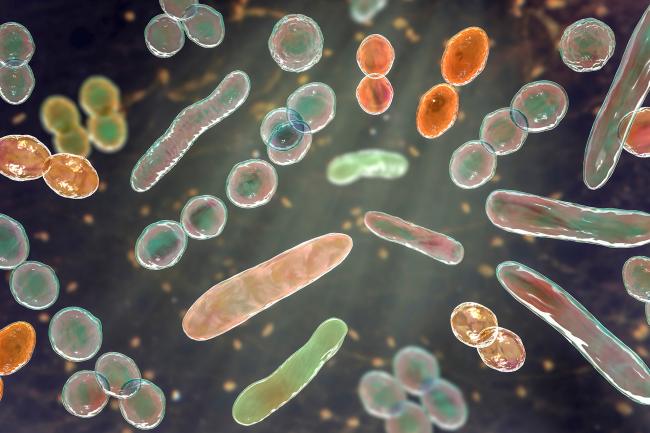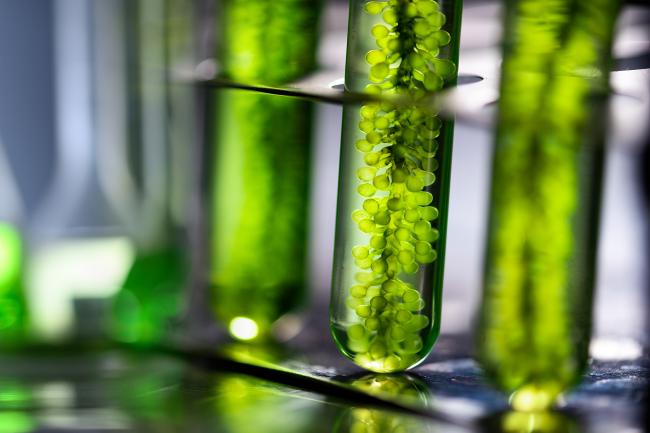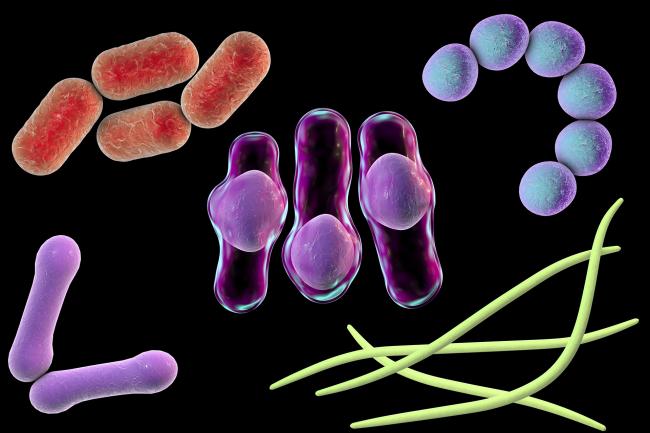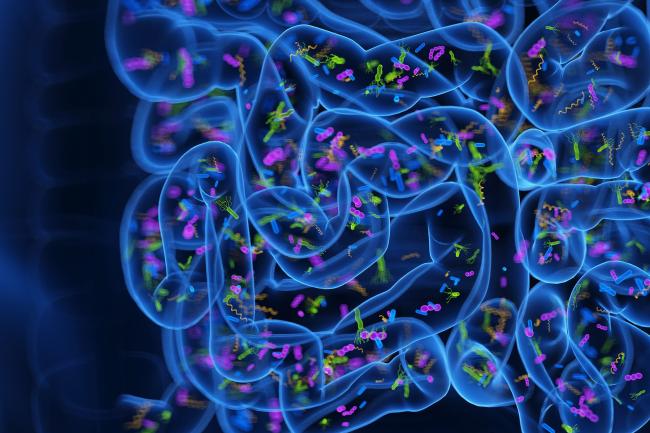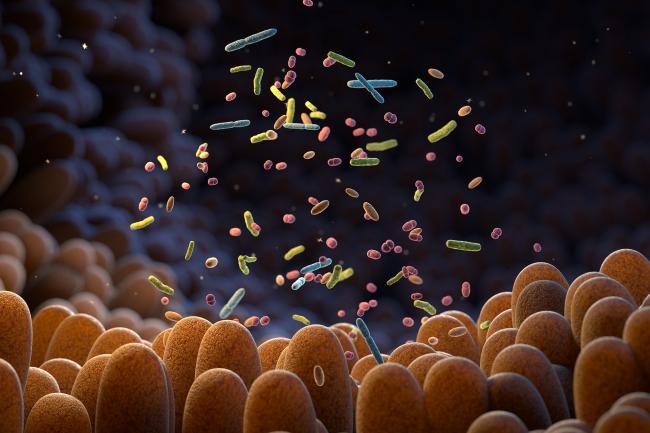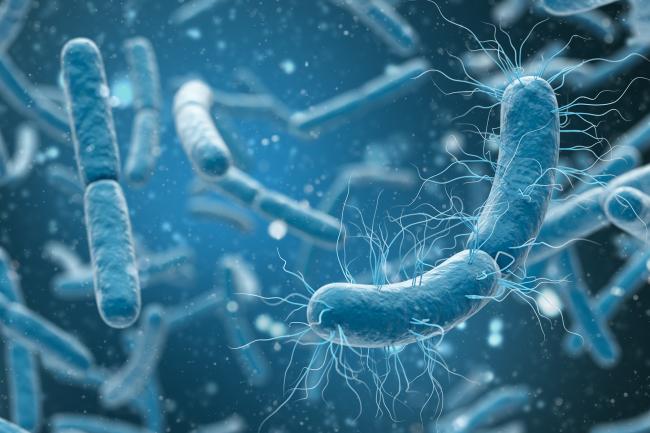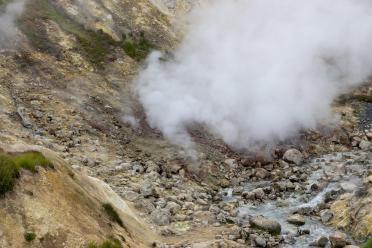
The five year collaboration - focusing on carbon-fixing microbial communities in hot springs - is one of four transformational bioscience research programmes announced by the Biotechnology and Biological Sciences Research Council (BBSRC), part of UKRI.
As well as transforming our understanding of microbial communities, the programme could potentially lead to a method for curbing environmentally harmful CO2 emissions.
Microbial communities - often called microbiomes - are found almost everywhere on the planet but we still understand very little about them. They are immensely diverse and dynamic ecosystems, which has made analysis incredibly difficult.
MIcrobiomes have an effect on many of the environments they are found in. But they also affect each other. Thousands of species of microorganisms can live in just one microbiome, and they have complex relationships with each other.
They exchange DNA, trade resources, communicate via secreted chemicals, and sometimes even attack each other.
The rules to these interactions remain obscure, but resolving how individual microbial interactions affect the structure, function, and stability of the community as a whole could give us insight into how microbial communities impact humanity - and how they could help us.
Findings will be used to engineer bespoke microbial communities for important applications, including the possibility of bioconverting CO2 emissions into beneficial compounds.
Given the scale of the challenge, BBSRC has awarded researchers from the University of Manchester and the Earlham Institute a strategically Longer and Larger grant (sLoLa) award - a programme offering funding to support large, team-based fundamental bioscience research projects which push the frontiers of human knowledge.
The £5.4 million funding will be used to replicate naturally occurring microbiomes in the lab, concentrating on low-diversity communities inhabiting geothermal springs.
These model systems will be engineered to test both emerging hypotheses on how microbes interact with each other and future biotechnological development.
Dr Chris Quince, High-Resolution Microbiomics Group Leader at the Earlham Institute and Quadram Institute, will be developing novel mathematical models that integrate metabolism with other types of interactions.as part of the project.
He says: “Given the level of detailed data we will be getting from this community, we have an opportunity to understand a relevant real-world microbial community from first principles, enabling us to build models that predict how they assemble and evolve over time.
“This could lead to novel microbial based engineering solutions that may be part of a future low-carbon economy. I am genuinely excited to be working with such a dynamic group of interdisciplinary researchers, headed by Sophie Nixon at the University of Manchester.”
The team will be using a powerful combination of approaches - biochemical, omics, and synthetic biology - to uncover the rules of community life for microorganisms.
Project leader Professor Sophie Nixon, from the University of Manchester, said: “Microbial communities, often called microbiomes, are found in almost every habitable environment on the planet.
“They exert a significant influence on each of these environments, whether that be the soil we grow our food, in the guts of animals, or even in extreme environments like geothermal springs – our target environment for this project.
“However, microbiomes are inherently complex and challenging to study, and their ‘rules of life’ remain obscure.”
The Rules of Life In Microbial Communities is one of four sLoLa projects sharing an £18 million grant from BBSRC.
Professor Guy Poppy, Interim Executive Chair at BBSRC, said: “The latest investment by BBSRC’s sLoLa award programme represents a pivotal step in advancing frontier bioscience research.
“These four world-class teams are poised to unravel the fundamental rules of life, employing interdisciplinary approaches to tackle bold challenges at the forefront of bioscience.
“By fostering collaboration and innovation, we aim to catalyse ground-breaking discoveries with far-reaching implications for agriculture, health, biotechnology, the green economy and beyond.”
